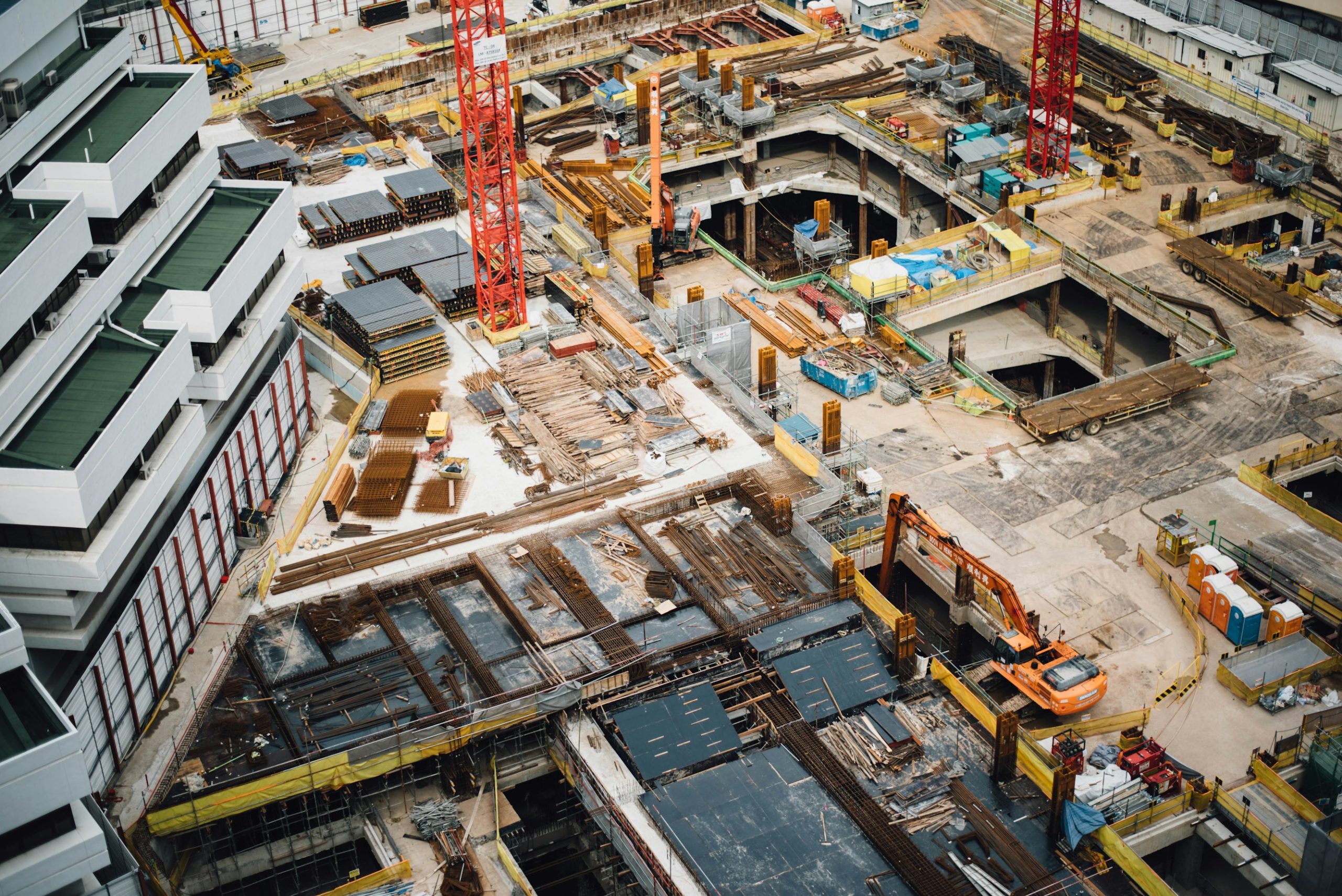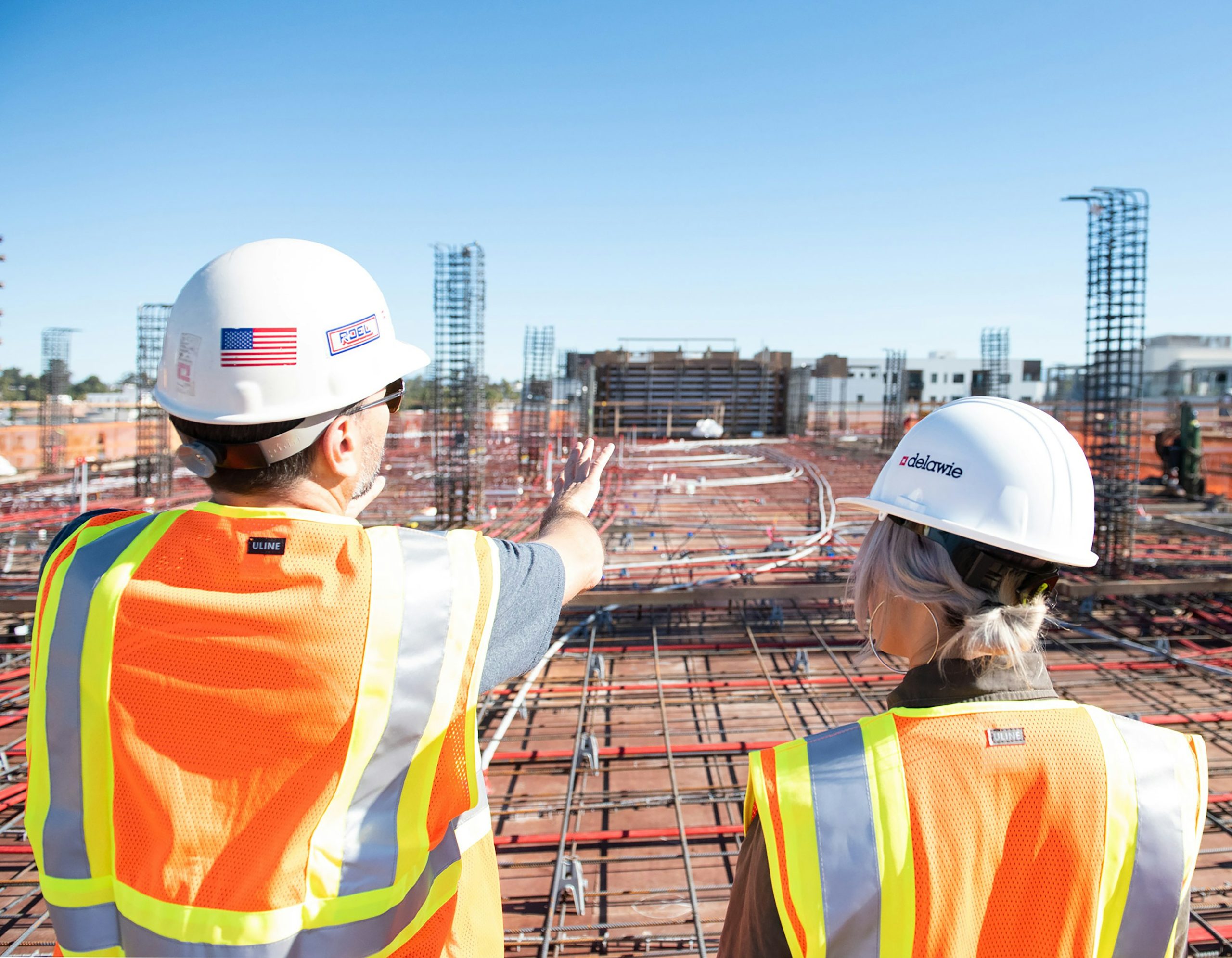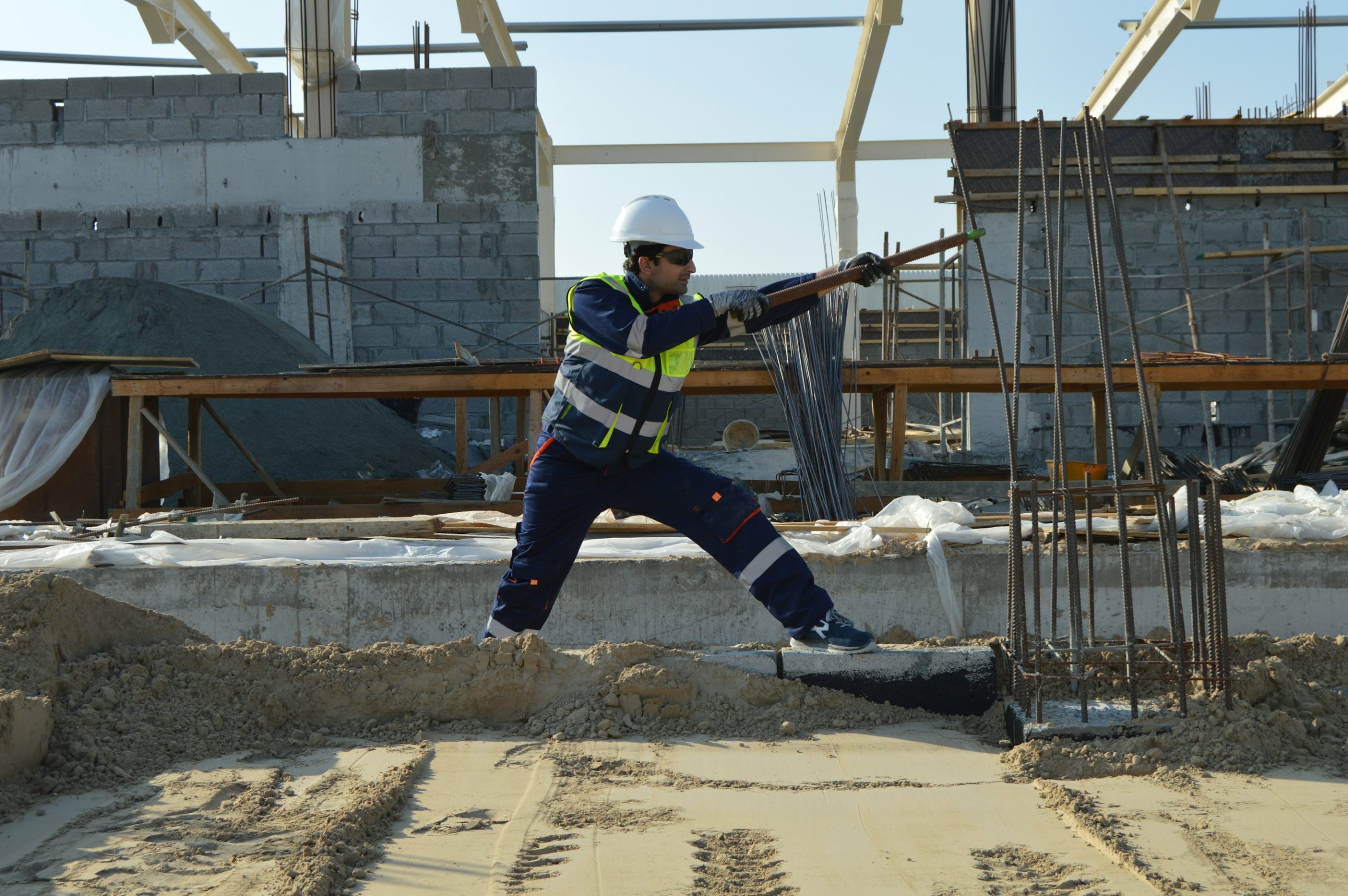Using AI to Prevent Project Delays
In the ever-evolving landscape of construction management, project delays remain a significant challenge. With the advent of AI-powered project management tools, construction teams now have access to innovative technologies designed to mitigate risks and enhance efficiency. By effectively integrating AI into construction workflows, managers can proactively identify and address potential delays, ensuring projects stay on schedule.
Key Concepts
Predictive Analytics
One of the most powerful applications of AI in construction management is predictive analytics. These tools analyze historical data to recognize patterns that forecast potential delays, cost overruns, and other outcomes detrimental to project schedules. With accurate predictions in hand, project managers can implement proactive measures to avert these issues before they escalate, leading to smoother project executions.
Risk Management
AI is revolutionizing construction risk management by utilizing advanced natural language processing to scan project documents. This analysis identifies potential risks embedded within thousands of pages, while machine learning algorithms assess the likelihood and impact of these risks. By doing so, project leaders can take informed actions to alleviate these risks, ultimately ensuring a more stable project environment.
Automated Task Management
Automation is another crucial aspect enabled by AI. By streamlining administrative tasks such as scheduling, budgeting, and progress tracking, project managers can reduce the likelihood of human error. This automation not only optimizes task execution but also frees up time for managers to focus on strategic and high-value endeavors, significantly boosting overall productivity.
Resource Optimization
AI plays a critical role in resource optimization. By analyzing team members’ skills and project tasks, AI can forecast resource needs and ensure that the right resources are assigned efficiently. This strategic allocation minimizes idle time and redundancy, thereby improving overall project efficiency.
Use Cases
Buildots’ Delay Forecast
One prominent example of AI in action is Buildots’ Delay Forecast tool. This innovative solution forecasts potential delays by providing granular, activity-level analysis of project tasks. By alerting construction teams about risks early on, Buildots has demonstrated a remarkable ability to reduce delay times by up to 50%, significantly enhancing the pace of construction.
AI in Construction Life Cycle
Throughout the construction life cycle, AI tools can analyze trends to predict scheduling conflicts, ultimately leading to a more efficient scheduling process. By automating and optimizing resource allocation, projects can reduce idle time while minimizing material handling and storage needs.
Best Practices
Define Clear Objectives
To seamlessly integrate AI into project management, it is essential to define clear objectives for its application. Identifying specific areas where AI can add value—such as predicting timelines, flagging delays, or optimizing resource placement—ensures targeted implementation. Aligning AI objectives with overall project goals will foster a smoother integration process.
Implement AI for Task Automation
Recognizing which repetitive tasks are prime candidates for automation is crucial. Areas such as data entry, status updates, and reporting can be effectively automated, allowing teams to concentrate on strategic activities that leverage human skills. Continuous monitoring and refining of AI systems are necessary to maintain optimal performance and adaptability.
Utilize AI for Predictive Analytics and Decision Support
AI technologies should be leveraged for advanced predictive analytics and decision-making support. Tools that analyze unstructured historical data can identify patterns, leading to improved forecasting accuracy. This foresight assists teams in anticipating resource needs, potential challenges, and overall project outcomes.
Emerging Innovations
Advanced Integration Tools
Emerging integration tools powered by AI allow for a unified, accessible overview of the entire project. These tools facilitate seamless logistics coordination, streamline scheduling, and enhance teamwork across various processes, reducing the risk of project delays caused by miscommunication or inefficiencies.
AI-Powered Dashboards
Innovation in AI construction automation has led to the development of real-time dashboards that provide instant updates on project status. These dashboards employ computer vision to track the progress of physical components, enabling project managers to take immediate corrective action should any deviations from the plan arise.
Chatbots and Virtual Assistants
AI-powered chatbots and virtual assistants significantly improve project communication by addressing routine queries and providing updates in real time. Tools such as Microsoft’s Copilot can automate scheduling, assess risks, and compile project status reports, greatly enhancing management efficiency.
Statistics and Research Findings
A striking 62% of construction site activities run slower than planned, with 25% operating at half their intended pace. Such statistics underscore the critical need for implementing AI-driven solutions to combat these delays. Additionally, the implementation of AI tools like Buildots’ Delay Forecast has shown a 50% reduction in delay times when used in conjunction with the Performance Driven Construction Management (PDCM) method.
How Zepth Can Help
At Zepth, our suite of advanced construction management solutions is equipped to integrate AI technology, enhancing project efficiency and delay prevention. Here are key functionalities where Zepth can support your projects:
- Automated Task Management: Zepth automates routine tasks such as budgeting and scheduling, reducing human error and allowing managers to focus on strategic projects.
- Predictive Analytics: Leverage Zepth’s AI tools for predictive analytics that can forecast potential project outcomes, delays, and cost overruns, leading to proactive decision-making.
- Resource Optimization: Zepth’s AI-driven functionalities optimize resource allocation ensuring that the right personnel and equipment are allocated to tasks as needed.
- Real-Time Monitoring: Zepth’s AI-powered dashboards offer project managers real-time updates on status and tasks, allowing swift responses to deviations from timelines.
By integrating these AI capabilities, Zepth empowers project managers to make knowledgeable decisions, bolsters efficiency, and enhances project outcomes—all vital elements for preventing delays in construction projects. Discover how Zepth’s solutions can revolutionize your construction management strategies.




